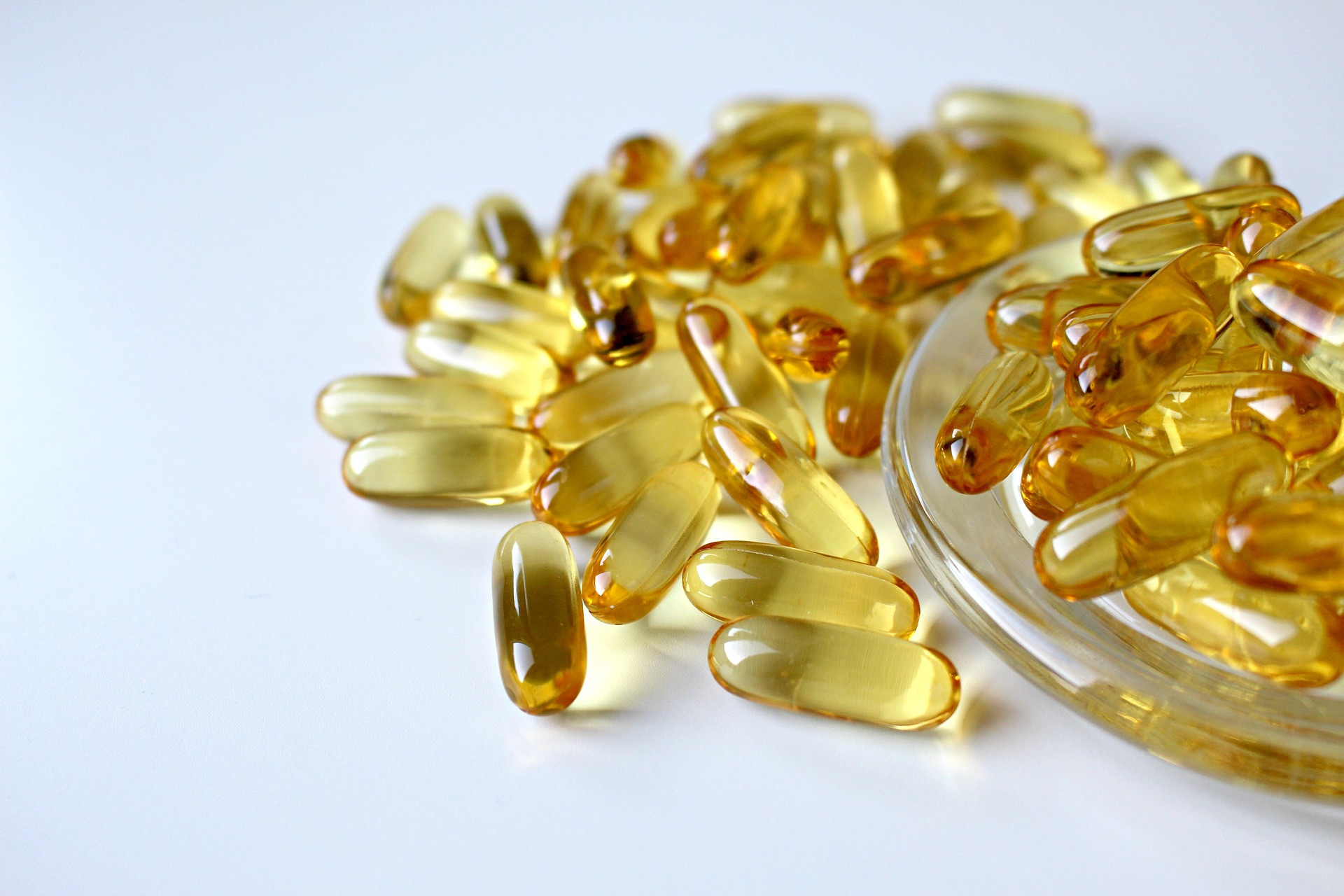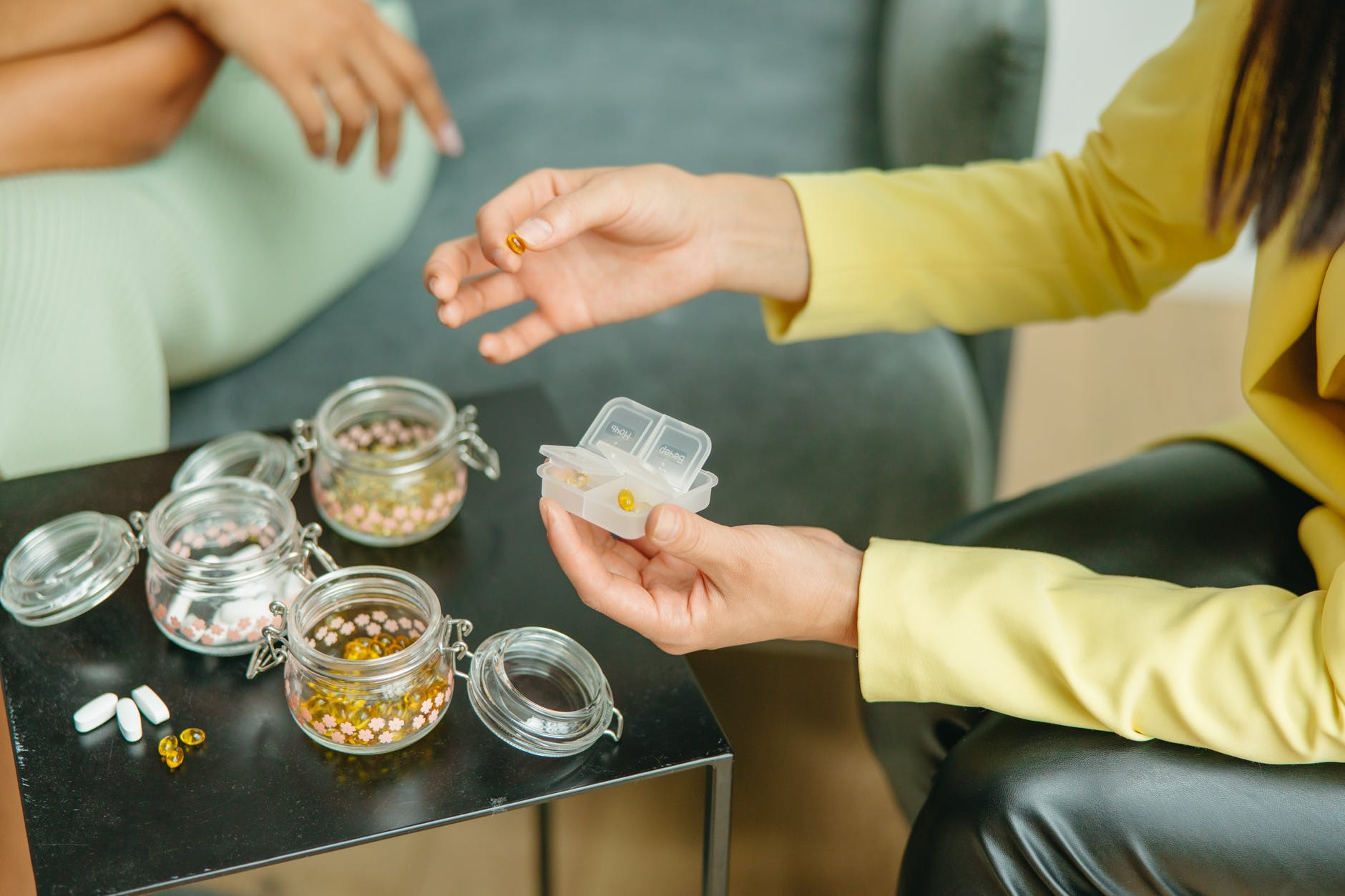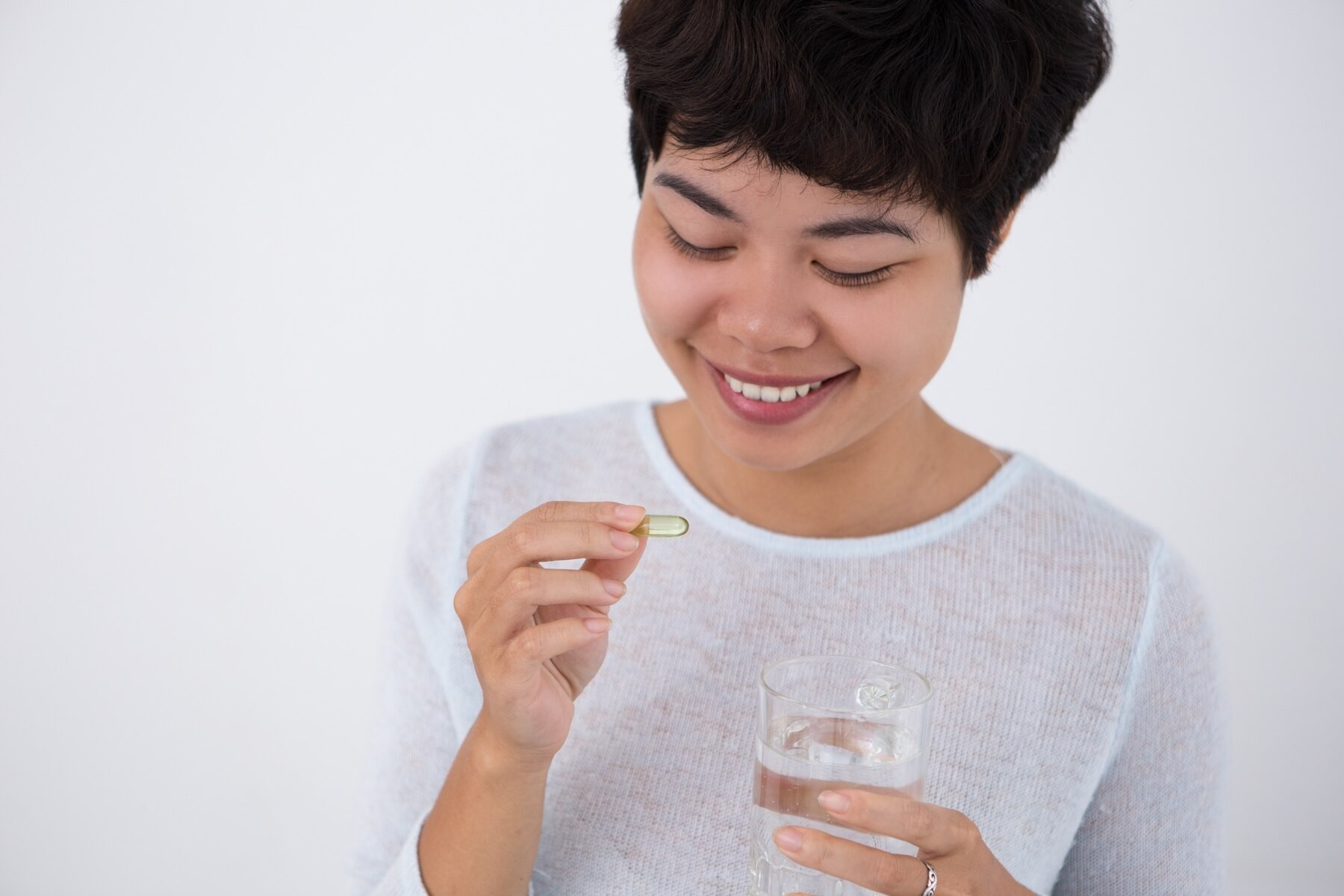Vitamin D menjadi salah satu vitamin yang penting bagi tubuh. Vitamin ini larut dalam lemak bersama-sama dengan vitamin A, E dan K. Fungsi utamanya adalah menjaga kesehatan tulang, melindungi tubuh dari infeksi dan penyakit, menjaga fungsi kekebalan tubuh, mengurangi risiko beberapa jenis kanker, dan memiliki dampak positif bagi kesehatan kardiovaskular.
Vitamin D dapat ditemukan pada beberapa jenis makanan, sinar matahari dan juga suplemen vitamin D. Umumnya asupan vitamin D cukup didapatkan dari makanan dan sinar matahari. Tidak semua orang perlu mengonsumsi suplemen vitamin D untuk memenuhi kebutuhan vitamin D. Bahkan, konsumsi suplemen vitamin D berlebihan dapat menyebabkan keracunan vitamin D.
Apa itu Keracunan Vitamin D?
Keracunan vitamin Di disebut juga dengan hipervitaminosis D. Kondisi ini terjadi akibat beberapa faktor, di antaranya:
- Mengonsumsi suplemen vitamin D dengan dosis yang sangat tinggi, di atas batas yang direkomendasikan
- Mengonsumsi suplemen vitamin D tanpa berkonsultasi dengan dokter sehingga dapat menyebabkan akumulasi vitamin D di dalam tubuh
- Kurangnya pemantauan terhadap kadar vitamin D di dalam tubuh
Asupan harian vitamin D yang direkomendasikan cukup bervariasi, tergantung pada kondisi dan kebutuhan tubuh masing-masing. Namun, mengonsumsi suplemen vitamin D dosis tinggi, di atas 10.000 IU per hari, dianggap bisa menyebabkan keracunan pada sebagian besar orang.
Baca Juga: Vitamin D dan Vitamin D3, Apa Bedanya?
Tanda-Tanda Keracunan Vitamin D
Kelebihan vitamin D dapat menyebabkan hiperkalsemia. Ini adalah kondisi di mana kadar kalsium dalam darah berada di atas normal. Terlalu banyak kalsium di dalam darah bisa menyebabkan kelemahan tulang, batu ginjal serta mengganggu kerja jantung dan otak.
Berikut adalah beberapa tanda-tanda saat Anda mengalami hipervitaminosis D atau keracunan vitamin D, di antaranya:
- Penurunan nafsu makan
- Mual dan muntah
- Sembelit
- Dehidrasi
- Peningkatan rasa haus
- Sering buang air kecil
- Kebingungan
- Kelemahan dan kelelahan
- Kelemahan otot dan kesulitan berjalan
- Nyeri di tulang
Baca Juga: Manfaat Tes Kadar Vitamin D Dalam Tubuh
Pemeriksaan untuk Mengetahui Keracunan Vitamin D
Sebagian besar gejala keracunan vitamin D adalah gejala penyakit umum sehingga perlu dilakukan evaluasi medis untuk mendapatkan diagnosis yang tepat. Anda perlu memeriksakan diri ke dokter bila mengalami gejala di atas, kemudian menjalani pemeriksaan darah untuk mengukur kadar vitamin D dan kalsium di dalam darah.
Jika terbukti adanya kelebihan vitamin D, dokter akan merekomendasikan penghentian konsumsi suplemen vitamin D, memberikan infus untuk mengatasi dehidrasi, memberikan obat kortikosteroid dan bifosfonat jika terjadi keracunan parah atau menyesuaikan dosis suplemen vitamin D yang dikonsumsi.
Agar keracunan vitamin D tidak lagi terjadi, Anda perlu berkonsultasi dengan dokter sebelum minum suplemen vitamin D dan ikuti aturan pakai serta dosisnya. Selain itu, Anda disarankan untuk melakukan pemeriksaan kadar vitamin D terlebih dahulu sebelum mengonsumsi suplemen vitamin D. Penting juga untuk menjauhkan suplemen vitamin D dari anak-anak agar tidak terjadi ketidaksengajaan mengonsumsi vitamin D.
Ingin mengetahui lebih lanjut mengenai dosis vitamin D sesuai dengan kebutuhan Anda? Anda bisa memanfaatkan layanan konsultasi kesehatan dengan mengunduh aplikasi Ai Care melalui App Store atau Play Store.
Mau tahu informasi seputar nutrisi, makanan dan tips diet lainnya? Cek di sini, ya!
- dr Nadia Opmalina
Katherine Zeratsky, R.D., L.D. (2022). What is vitamin D toxicity? Should I be worried about taking supplements?. Available from: https://www.mayoclinic.org/healthy-lifestyle/nutrition-and-healthy-eating/expert-answers/vitamin-d-toxicity/faq-20058108
Franziska Spritzler and Jillian Kubala, MS, RD (2024). What Are the Symptoms of Too Much Vitamin D?. Available from: https://www.healthline.com/nutrition/vitamin-d-side-effects
Cleveland Clinic (2023). Vitamin D Toxicity (Hypervitaminosis D). Available from: https://my.clevelandclinic.org/health/diseases/24750-vitamin-d-toxicity-hypervitaminosis-d
Harvard TH Chan (2023). Vitamin D. Available from: https://www.hsph.harvard.edu/nutritionsource/vitamin-d/
Medline Plus (2021). Hypervitaminosis D. Available from: https://medlineplus.gov/ency/article/001594.htm
Mayo Clinic (2023). Hypercalcemia. Available from: https://www.mayoclinic.org/diseases-conditions/hypercalcemia/symptoms-causes/syc-20355523












